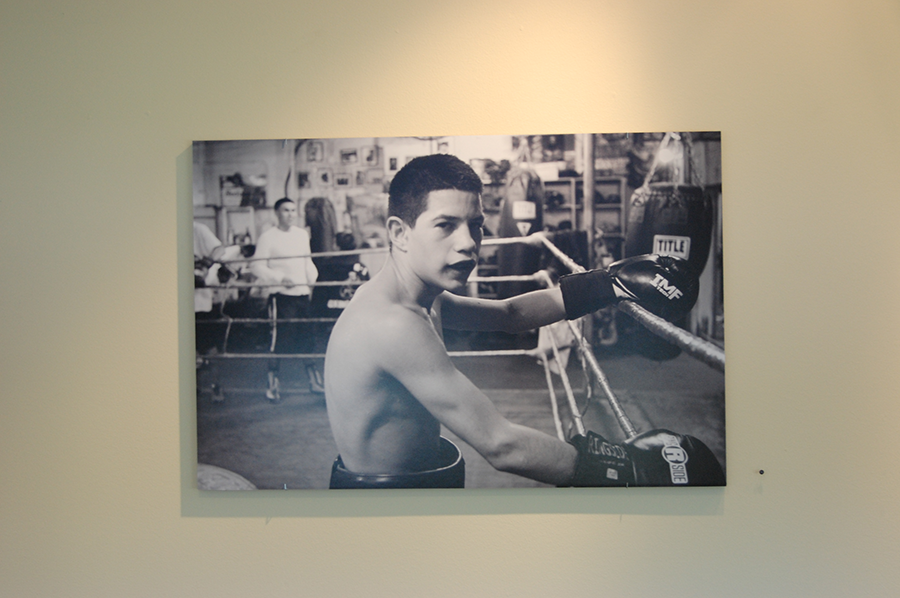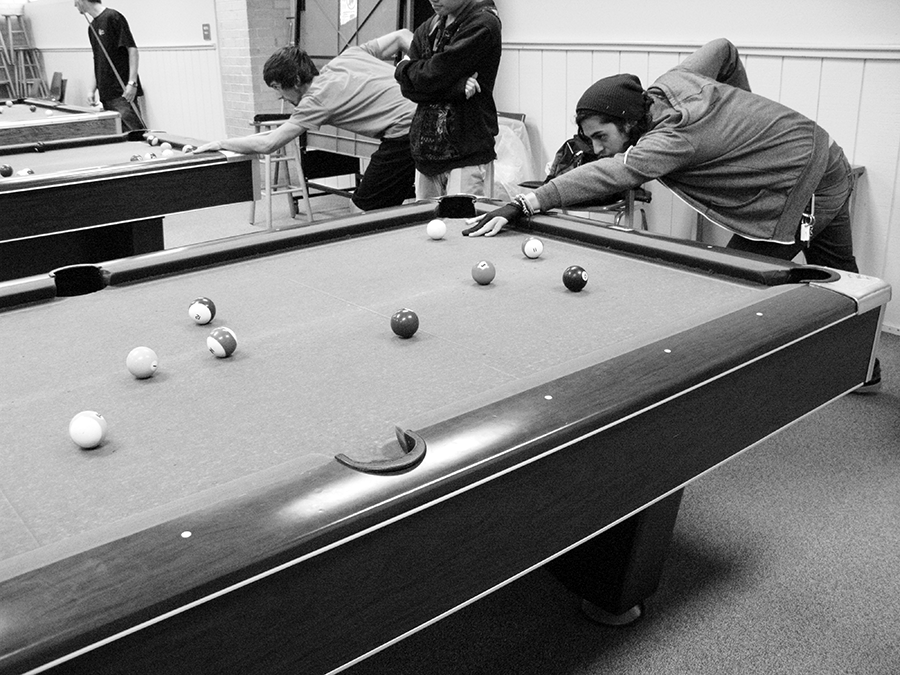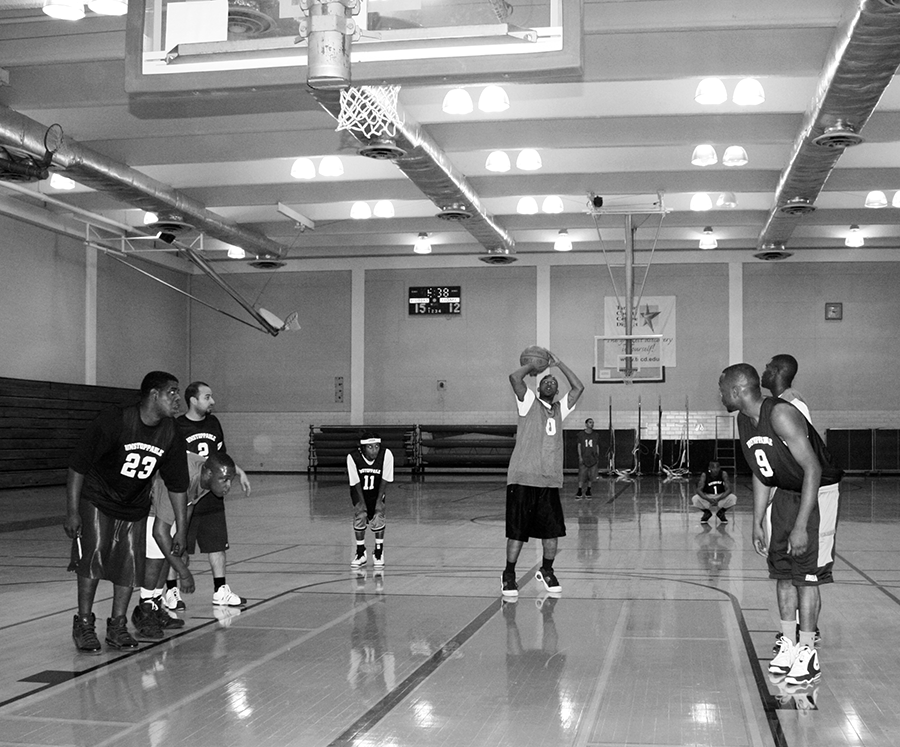By Marley Malenfant/feature editor
After 44 years, TCC has implemented a policy against discrimination on the basis of sexual orientation.
Discrimination against gays, lesbians and bisexuals is now prohibited on campus since TCC approved the policy for students and employees at its March 11 board meeting.
TCC now joins the ranks of Texas Christian University, the University of Texas at Arlington and the Dallas County Community College District who have implemented sexual orientation policies in the last five years.
Last year, SE art adjunct K.C. Jenkins performed in a diversity monologue addressing the non-policy at the time and got the attention of board of trustees member Bill Greenhill.
“Greenhill brought it up to the other members [after the monologue],” she said.
Vice Chancellor Bill Lace said if it weren’t for Jenkins, the policy wouldn’t have made the board’s agenda.
“I’ve been here for 30 years, and it never came up. Not at all,” he said. “K.C. Jenkins brought it up in a monologue last November, and that’s what got our attention.”
SE student Luis Colon, president of the Gay Straight Alliance club, said he is glad to see TCC making a push with the policy.
“This is a big step forward,” he said. “This will make people in our club feel safer. I’m not trying to throw gay culture out there. We’re here to educate people. This is Texas. It’s one of the hardest places to change people’s minds.”
Jenkins was a part-time student on NE Campus from 1989-1995. Jenkins would sit and wait for her friends in the cafeteria. Students would stare at her and based on her appearance, ask out loud, “What is it?”
“I had a lot of time alone before my friends would get out of their classes to meet up with me,” she said. “As time went on, there would be a lot of people that would sit at nearby tables and ask each other, ‘Is it a guy, a girl? What is it?’ And they would always refer to me as an it. So I wasn’t even human to them. I was a thing.”
Jenkins isn’t satisfied with the policy just being implemented.
“The policy should also include gender identity, transgender
and gender expression for it to be truly all-inclusive,” she said.
Jenkins recalled the times she was bullied and discriminated against as a student. She said finishing school took a long time because she needed to recuperate emotionally.
“I was bullied by students and administration,” she said. “An administrator told me that I was not allowed to use a bathroom on campus because it would make women feel uncomfortable if they were to walk in and I would be in there.”
Jenkins felt defenseless even after she finished school.
“I had no say or power over how I was treated or what would become of me,” she said. “At the time, it was perfectly legal to discriminate against for being gay. I knew that with jobs. You could be simply fired for being gay.”
NE student Laura Lee said with the policy, people can go about their business without burden.
“It’s beneficial to protect anyone’s rights whether they’re gay or not,” she said. “I know people who were discriminated against. You don’t have to sit around. You can actually do something about it now.”
Jenkins said the policy allows students and instructors to be open with each other about their orientation.
“We can be more effective instructors because we won’t have that looming fear that’s in the back of our minds,” she said. “Students will also feel better about approaching faculty with their own concerns.”





























